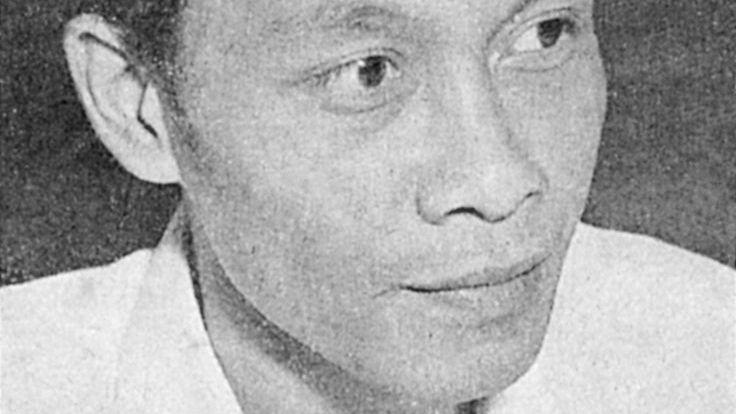Maria Walanda Maramis: Changemaker and Beacon of Hope
- Arkananta Aliyya Wicaksono
- Dec 1, 2023
- 2 min read

Maria Walanda Maramis' legacy lives on as a symbol of female empowerment and a pioneer of women's rights in Indonesia. Her unwavering commitment to education, social justice, and the advancement of women has left an indelible mark on Indonesian society. Her life and work continue to inspire generations of women to pursue their dreams and make a positive impact on the world.
Early Life
Maria Walanda Maramis was born in Kema, Sulawesi Utara, in 1872. The youngest of three siblings, she grew up in a modest Christian family. Tragedy struck when a cholera outbreak claimed the lives of both her parents, leading Maria to be raised by her uncle. Despite societal norms and limited opportunities, Maria's dissatisfaction with her education at a village school fueled her desire for more knowledge.
Challenges of Gender Roles in Minahasa
In Minahasa adat (culture), girls were expected to assist with domestic responsibilities after graduating from school. Maria faced financial constraints and traditional customs that restricted girls' access to higher education. Despite her aspirations, she was unable to attend a school for girls, settling instead for the village school due to her uncle's refusal to support her financially.
Marriage and Ambitions
Maria's ambitions persisted as she married Jozep and moved to Maumbi. Marrying a teacher provided her more opportunities to socialize and learn Dutch. Her encounter with the influential Ten Hoeve family in Maumbi left a lasting impression, especially due to her intense desire to study.
Maria learned various skills, including the Dutch language, cooking, hosting guests, and more from Ibu Ten Hoeve. Her goal was to teach these skills to women in her village. Despite initial objections from her husband, he eventually supported her mission to empower women.
In 1896, Maria, alongside her husband, laid the foundation for a transformative institution—a school for girls in Maumbi, North Minahasa. This educational haven quickly emerged as a guiding light, illuminating opportunities for women throughout the region.
Maria encountered formidable challenges from the Dutch government when attempting to enroll her daughters in a Dutch-language school. The situation escalated when her husband, a teacher, faced dismissal for resisting Dutch authority. Undeterred, Maria and her husband tenaciously persisted. Despite setbacks, they achieved a significant victory when, following her husband's reinstatement, their daughters were successfully admitted to the school. This triumph stood as a beacon of progress in the journey to advance women's education.
Legacy and Recognition
Despite declining health, Maria continued to support and advocate for PIKAT through letters. She passed away in April 1924 and was recognized as a national hero in 1969.
Maria's achievements are widely appreciated, with Google commemorating her through a doodle in December 2018. A statue of Ibu Maria Walanda holding her daughter was erected in the center of Manado, and a hospital named RSUD Maria Walanda Maramis was established.
Today marks the 151st birthday of Maria Walanda Maramis, a remarkable woman whose contributions to women's rights and education continue to inspire and shape Indonesian society.


.png)



Comments